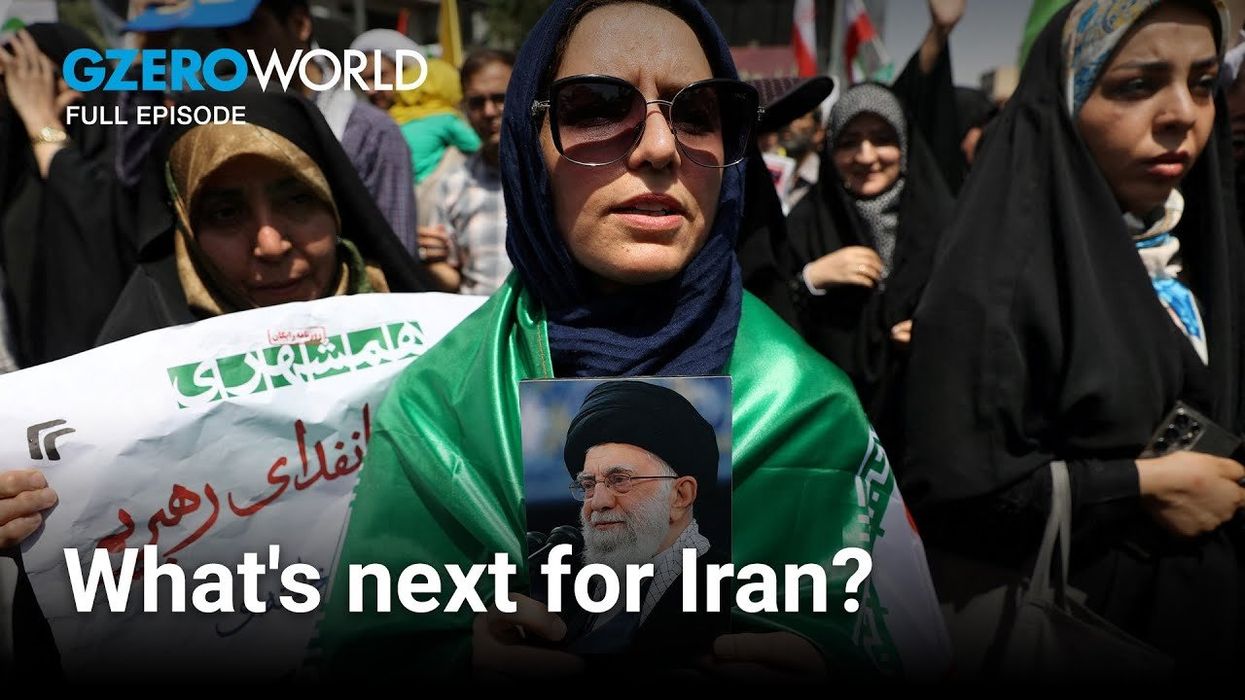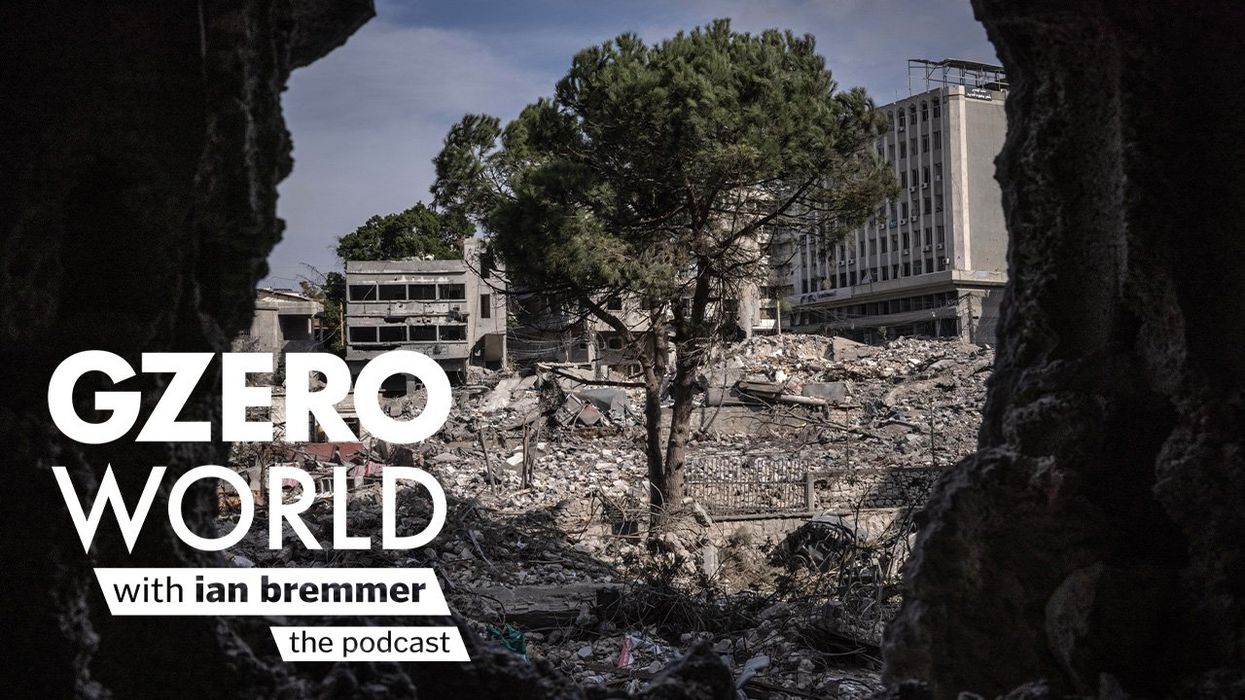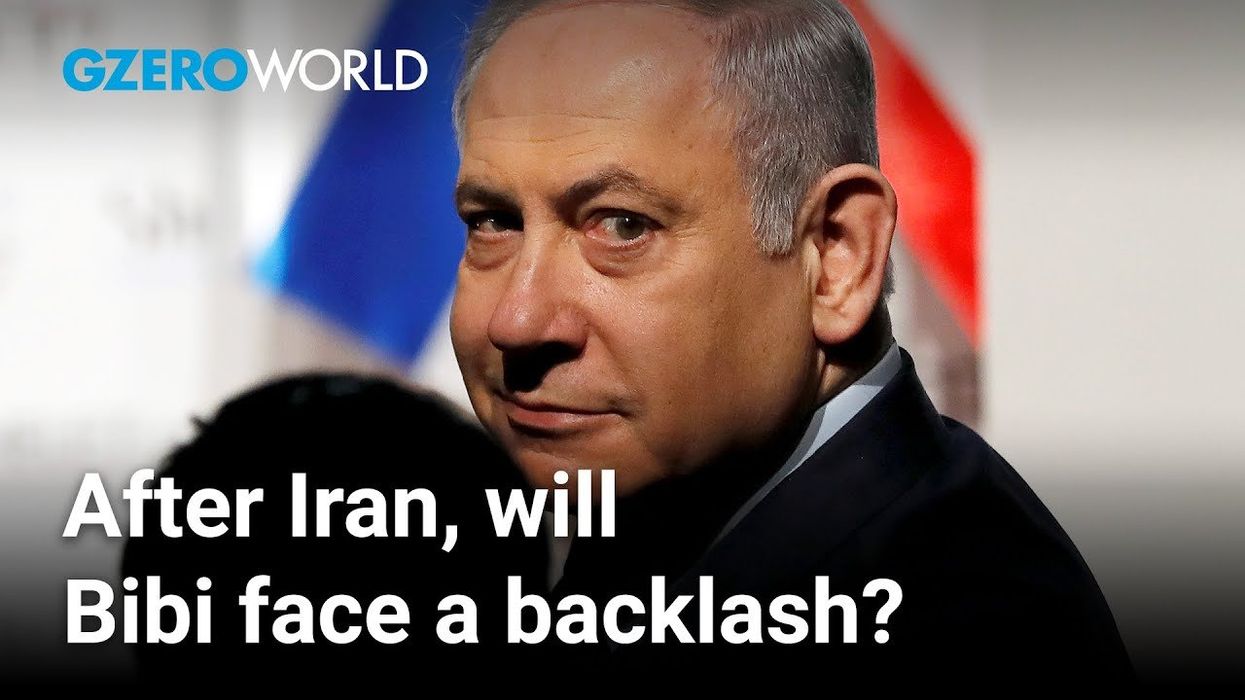GZERO World with Ian Bremmer
Iran was the clear loser of its war with Israel and the US. So, what happens next?
In the latest episode of GZERO World, Ian Bremmer sits down with seasoned New York Times columnist Thomas Friedman to unpack the geopolitical fallout from Iran’s stunning defeat in a 12-day war against Israel and the US—and what it means for Gaza, Trump, and the region’s future.
Jul 03, 2025




